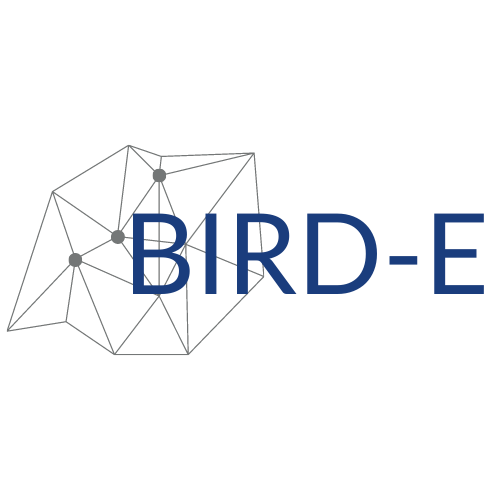Blog: Current Challenges of Practitioners
Dissecting the current challenges of practitioners and why they are unable to access and implement research into practice
This blog is part of a series covering topics discussed in our launch webinar. You can watch the webinar here.
Not only is education research underinvested in, but there is a lack of bidirectionality in the field. We are currently unable to impact educators’ decisions or take input about what questions communities and districts want and need to be answered. We do not see deep connections between research and practice that can support efficient decision-making processes. Practitioners find it challenging to discover and access research, especially to find innovative solutions for marginalized student groups in their schools. There are many factors that hinder resolving these challenges, and three critical issues are outlined below.
Firstly, and the most prominent observation, is the issue of incompatibility and the gap between research and practice. Researchers need to ask and conduct due diligence about the key problems practitioners face, and through research, attempt to provide solutions to these high-priority issues. There are also competing contingencies for researchers and practitioners. Practitioners delve into research with the intent to implement solutions immediately whereas researchers approach the time and focus on implementation differently and with outcomes that are statistically significant. Thus, this inconsistent outlook makes translation difficult as practitioners are unable to implement effective solutions in the ways that are described in research. Ultimately, these differences then exacerbate and grow larger across the evidence base, leading to incohesion in the overall research and development infrastructure. It is critical that the sector builds the R&D infrastructure around failure and understand what is not working and why, and then try to design solutions that might actually work in these scenarios.
Another prominent observation is that research is often too technical for practitioners. Oftentimes district leaders are unable to decipher any of the results that they hear., even at professional conferences. Administrators and school leaders become lost when researchers delve into technical details of study designs and analysis types. -- it simply is not the jargon they are used to in the classroom.
Researchers struggle to effectively communicate to practitioners about useful findings and even point to evidence bases that can help practitioners. Findings relevant to teaching and learning are located in many repositories, like ERIC and other academic websites. Research is strewn across various repositories, whether it be WWC or ERIC or journal articles, and is seldom able to be applied to the classroom. But the issue lies in overall discoverability -- these bases are not discoverable, which leads to practitioners relying on the networks that they can trust., which varies tremendously. School leaders tend to access synthetic evidence, using books that summarize findings from research studies. Teachers utilize their peer network and talk to other teachers, either relying on trusted colleagues at schools or gleaning information at professional conferences.
To resolve this issue of discoverability and support comparability and compatibility, the Institute of Education Sciences (IES) has supported two research and development centers to further examine how knowledge is used by school practitioners. Through the work of these centers, they have learned about the various ways practitioners seek research, and particularly, how the role of the practitioner plays a part in what source is sought out.
However, to make research accessible and discoverable, it is critical to streamline evidence generation that is consistent, universal and understandable. We need a common language that provides direct translation of research and disseminates information to practitioners so solutions can be implemented in contextual settings. With a common language, we can remove barriers related to exclusivity, and system leaders at the district and state levels can effectively be a part of the research process that they currently feel excluded from.

